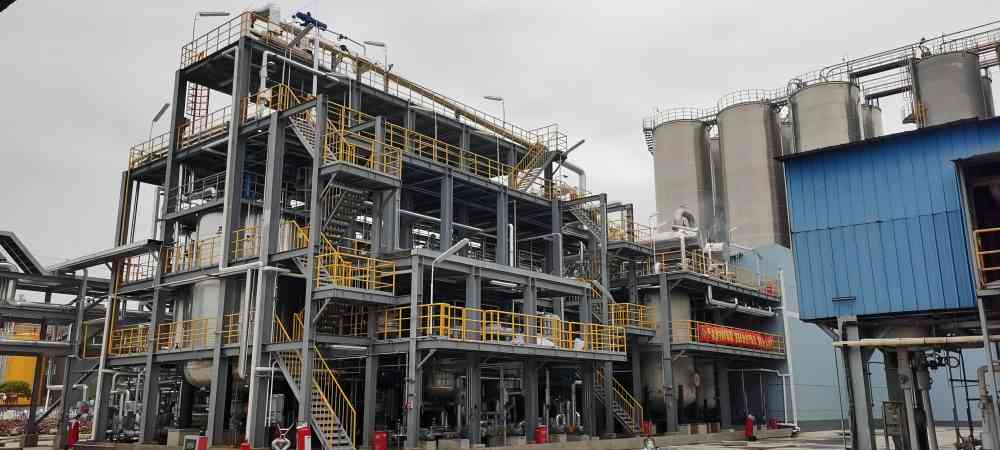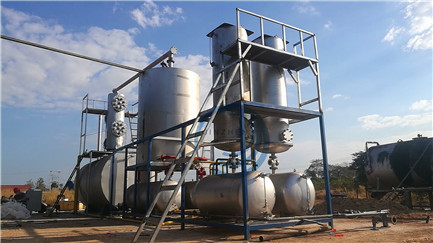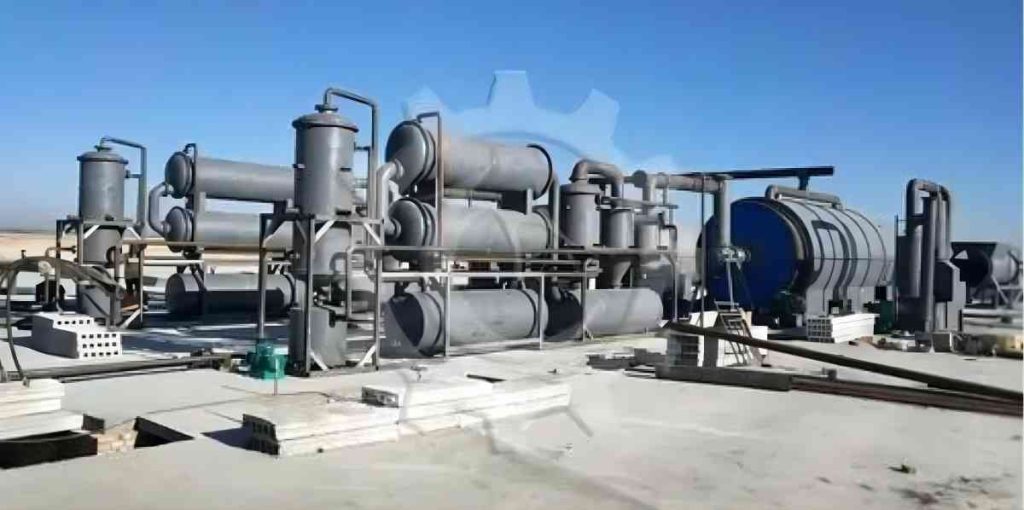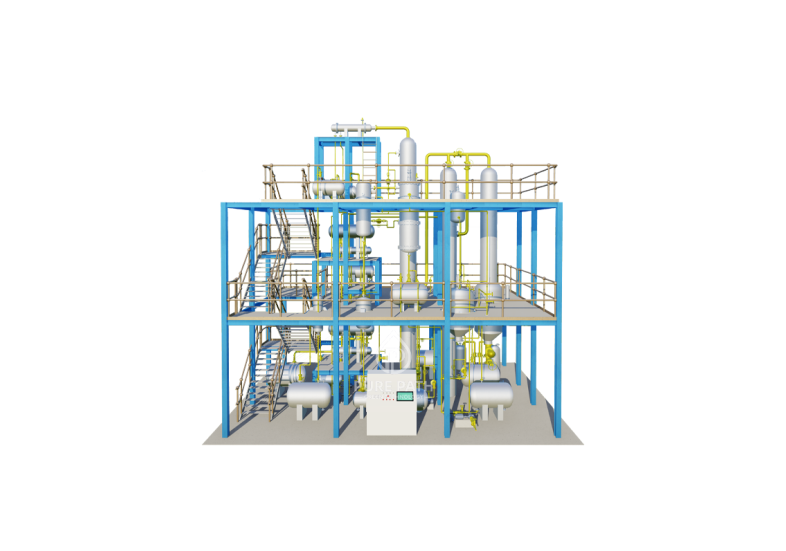Converting Waste Oils to Base Oil: A Sustainable Solution for Waste Management and Resource Conservation
Waste oils are a significant environmental concern, posing challenges for disposal and contributing to pollution when not handled properly. However, waste oils can be transformed into valuable resources, such as base oil, through various conversion processes. In this article, we will explore the types of waste oils that can be converted to base oil, the factors affecting the quality of the base oil produced, the general process for converting waste oils, and the numerous advantages of this sustainable approach.

Types of Waste Oils That Can Be Converted to Base Oil
A variety of waste oils can be converted to base oil, including:
- Mineral Waste Oils
Mineral waste oils are among the most common types of waste oils, originating from various sources, including automobiles and industrial machinery. They encompass: used engine oil, used transmission oil, used hydraulic oil, used gear oil, and used industrial lubricants.
- Synthetic Waste Oils
Synthetic waste oils are engineered lubricants designed for high-performance applications. They too can be converted into base oil, including used synthetic engine oil, used synthetic transmission oil, used synthetic hydraulic oil, used synthetic gear oil, and used synthetic industrial lubricants.
- Waste Oils from Other Sources
Apart from mineral and synthetic oils, base oil can also be derived from waste oils originating from various sources, including waste plastic, waste tires, and waste vegetable oil.
Factors That Affect the Quality of the Base Oil Produced from Waste Oils
Several key factors influence the quality of base oil produced from waste oils:
- The Type of Waste Oil: Different waste oils have varying compositions and properties, which affect their suitability for conversion into base oil.
- The Level of Contamination in the Waste Oil: Contaminants such as water, dirt, and metal particles must be removed through pretreatment to ensure the quality of the final base oil.
- The Conversion Process: The process used to convert waste oil into base oil plays a crucial role in determining the quality of the end product. Hydrotreating, distillation, and finishing are essential steps in this conversion process.

General Process for Converting Waste Oils to Base Oil
Converting waste oils into base oil involves a series of well-defined steps:
- Pretreatment: The first step is the pretreatment of the waste oil to remove impurities such as water, dirt, and metal particles. This ensures that the oil is clean and ready for further processing.
- Distillation: The pretreated waste oil is then subjected to distillation. This process separates the different components of the oil based on their boiling points, allowing for the extraction of the valuable base oil fraction.
- Hydrotreating: The distilled oil undergoes hydrotreating, where it is treated with hydrogen under high pressure and temperature. This step removes undesirable compounds such as sulfur, nitrogen, and oxygen, improving the oil’s quality.
- Finishing: In the final step, the hydrotreated oil is finished to produce a high-quality base oil. This may involve further purification and refining to meet specific industry standards.
Advantages of Converting Waste Oils to Base Oil
Environmental benefits of converting waste oils to base oil
Converting waste oils to base oil has a number of environmental benefits, including:
- Reduces the amount of waste oil that needs to be disposed of: Waste oil is a hazardous waste that can pollute soil and water. Converting waste oil to base oil reduces the amount of waste oil that needs to be disposed of, which helps to protect the environment.
- Conserves natural resources: Base oil is a key ingredient in lubricants. Lubricants are used in a wide variety of applications, including cars, trucks, buses, airplanes, and industrial machinery. Converting waste oils to base oil helps to conserve natural resources by reducing the need to extract crude oil to produce new base oil.
- Reduces greenhouse gas emissions: Extracting and refining crude oil produces greenhouse gas emissions. Converting waste oils to base oil helps to reduce greenhouse gas emissions by reducing the need to extract and refine crude oil.
- Reduces air pollution: Lubricants are burned in engines and industrial machinery, which can produce air pollution. Converting waste oils to base oil helps to reduce air pollution by reducing the need to burn new base oil.
Economic benefits of converting waste oils to base oil
Converting waste oils to base oil has a number of economic benefits, including:
- Reduces the cost of lubricants: Base oil is a key ingredient in lubricants, and the cost of base oil is a major factor in the cost of lubricants. Converting waste oils to base oil can help to reduce the cost of lubricants by reducing the need to purchase new base oil.
- Creates jobs: The waste oil recycling industry creates jobs in collection, transportation, processing, and marketing. Converting waste oils to base oil can help to create jobs in the local economy.
- Reduces the cost of waste oil disposal: Waste oil disposal can be expensive. Converting waste oils to base oil can help to reduce the cost of waste oil disposal by reducing the amount of waste oil that needs to be disposed of.

Conclusion
Converting waste oils to base oil is a promising way to reduce waste, conserve natural resources, reduce greenhouse gas emissions, and create jobs. There are a number of challenges to converting waste oils to base oil, but there are also a number of opportunities. The global market for base oil is growing, and the demand for recycled base oil is increasing. As technologies for converting waste oils to base oil become more efficient and cost-effective, it is likely that we will see a significant increase in the conversion of waste oils to base oil in the coming years.







